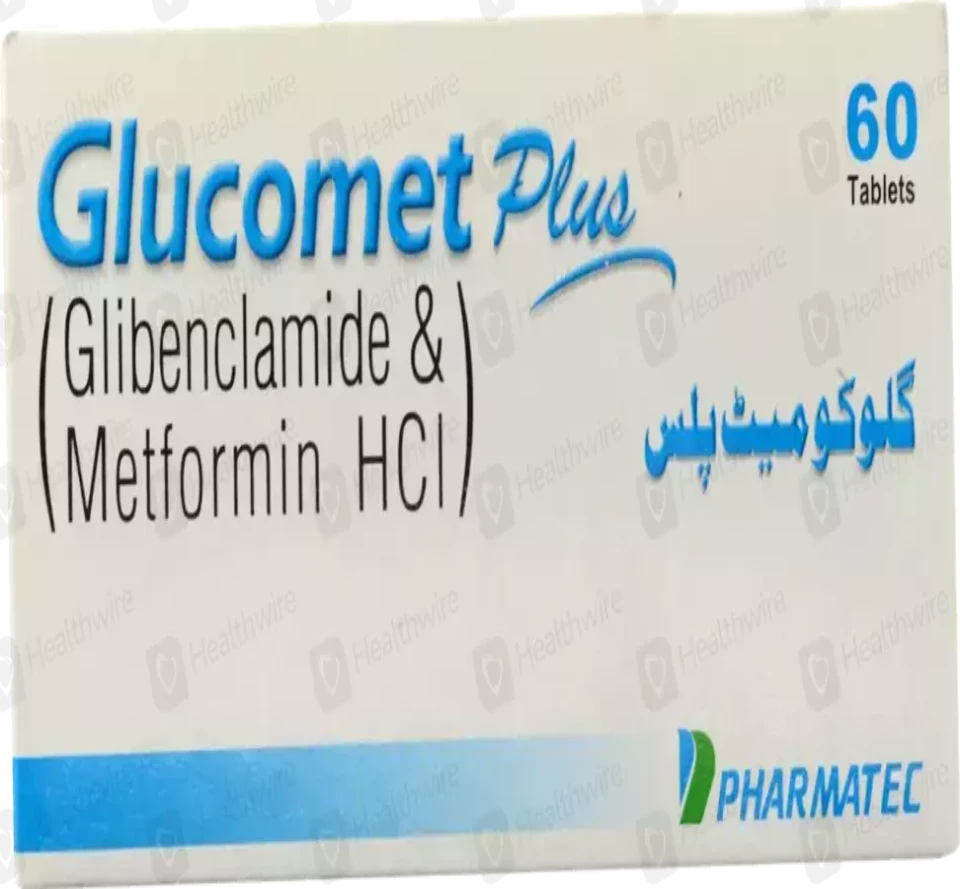Description
Description
SPECIFICATION
5/500mg
Generics
Glibenclamide , Metformin HCl
About
Metformin Hydrochloride and Glibenclamide, two antihyperglycemic agents with complementary mechanisms of action, to improve glycemic control in patients with type 2 diabetes. Metformin Hydrochloride is an antihyperglycemic agent that improves glucose tolerance in patients with type 2 diabetes, lowering both basal and postprandial plasma glucose. Glibenclamide appears to lower blood glucose acutely by stimulating the release of insulin from the pancreas, an effect dependent upon functioning beta cells in the pancreatic islets.
Indication
- Diabetes
Dosage
According to HBA 1c level
Side Effects
Headache, ravenous hunger, nausea, vomiting, lassitude, sleepiness, disordered sleep, restlessness, aggressiveness, impaired concentration, alertness and reactions, depression, confusion, speech disorders, aphasia.
Drug Interactions
When the drugs like the thiazides and other diuretics, corticosteroids, phenothiazines, thyroid products, estrogens, oral contraceptives, phenytoin, nicotinic acid, sympathomimetics, calcium channel blocking drugs, and isoniazid are administered to a patient receiving this medicine , the patient should be closely observed for loss of blood glucose control. When such drugs are withdrawn from a patient receiving this medicine, the patient should be observed closely for hypoglycemia. Metformin HCl is negligibly bound to plasma proteins and is, therefore, less likely to interact with highly protein-bound drugs such as salicylates, sulfonamides, chloramphenicol, and probenecid as compared to sulfonylureas, which are extensively bound to serum proteins.
When not to Use
Metformin HCl and Glibenclamide is contraindicated in patients with: Renal disease or renal dysfunction (e.g., as suggested by serum creatinine levels =1.5 mg/dL [males], =1.4 mg/dL [females], or abnormal creatinine clearance) which may also result from conditions such as cardiovascular collapse (shock), acute myocardial infarction, and septicemia. Congestive heart failure requiring pharmacologic treatment. Known hypersensitivity to Metformin Hydrochloride or Glibenclamide. Acute or chronic metabolic acidosis, including diabetic ketoacidosis, with or without coma. Diabetic ketoacidosis should be treated with insulin.



